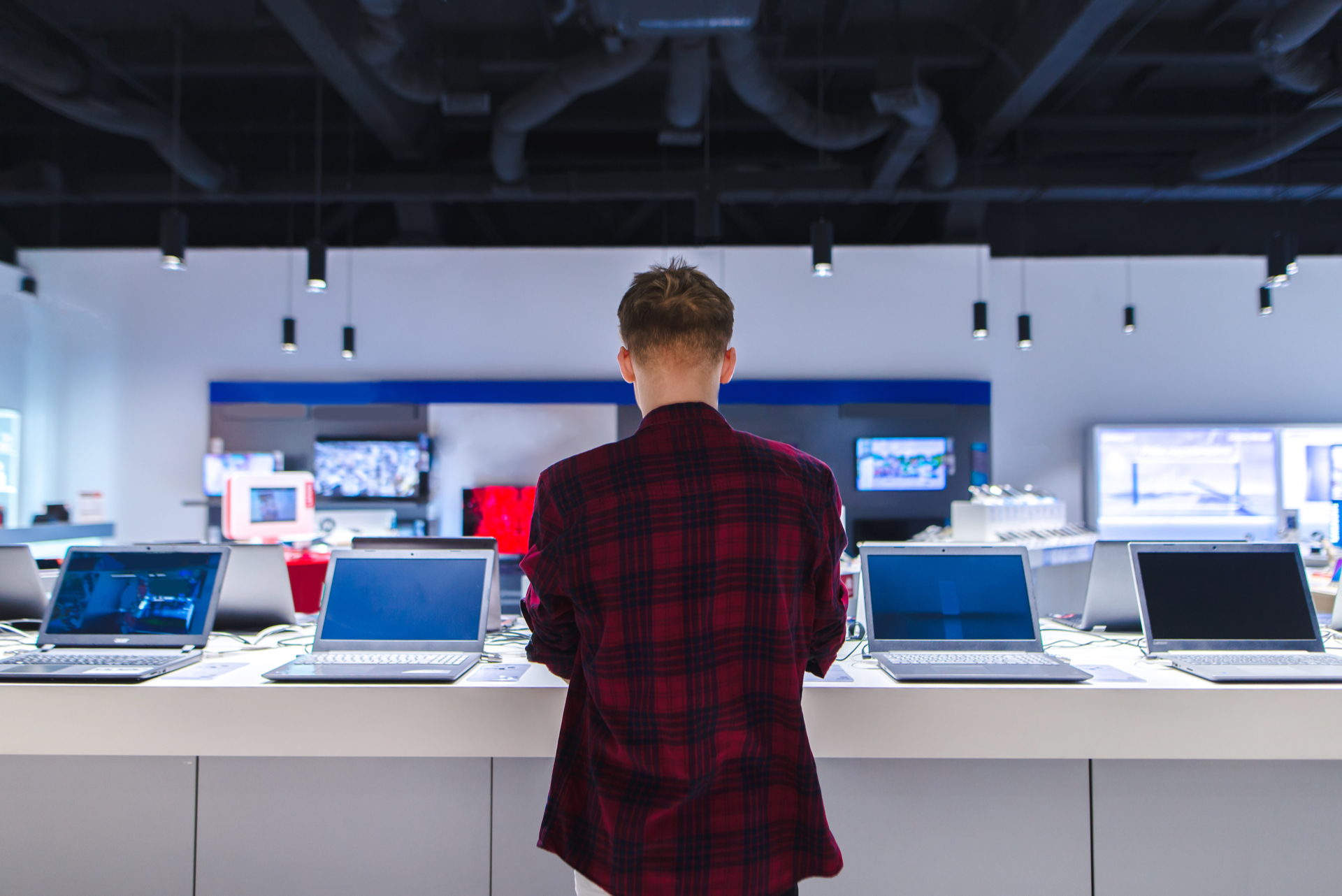What to consider when buying a computer
What to consider when buying a computer.
When entering into the world of computers it can get very easy to get confused and loose sight of your goals and sometimes your budget. Here’s the top things to consider. The budget is the first thing you should consider. We always want the best but we need to be grounded on what we can afford. So remember to get a budget and stick to it. The next thing you should decide if you need a laptop or desktop? What is it going to be used for?
There are many things to consider when actually buying the computer, here is the list with the most important of them.

The Processor
Also called CPU, is the component of a computer system that performs the basic operations (such as processing data) of the system, that exchanges data with the system’s memory.
This is the most important factor when choosing a computer nowadays and there are many factors in processor choice the main thing is that in my opinion Intel are at the moment making the best chips and their core 2 duo range is the best so go for one in this family and you will be ok.
RAM (Computer Memory)
RAM is short for “random access memory” and while it might sound mysterious, RAM is one of the most fundamental elements of computing. RAM is the super-fast and temporary data storage space that a computer needs to access right now or in the next few moments.
Essentially, the more rams you have, the more browsers and applications you can open. 4Gb is the most basic nowadays. 8GB is the sweet spot for most people. If you are a gamer, photo or video editor, or planning to do CAD/CAM work, you need at least 16GB of Ram. Make sure you get windows vista 64bit as your operating system.
Hard Drive
A hard disk drive (HDD) is a non-volatile computer storage device. It is a secondary storage device used to store data permanently, random access memory (RAM) being the primary memory device. Non-volatile means data is retained when the computer is turned off.
This is the next piece you should tackle. Computers today usually come with 250GB and 750GB of space in the hard drive. As more people are storing their information online on cloud storage, you may want to rethink of buying a huge hard drive space. A hard drive is also known as a hard disk drive.
Graphics
Now all computers come with some form of graphics built in. But my recommendation is to go with something a little better possibly from NVIDIA or AMD. They make your computer resolution better. AMD cards are good for mining while NVidia is good for Adobe programs.
Computer Type of Software
Most computers comes with microsoft software. The latest is Windows 10.
Anti-Virus Software
The last thing to do with the actual computer is a good virus and spy ware package. Don’t be under any illusion this is possibly the most important part of protecting your computer. It will get attacked at some point be prepared when it does. You need to keep the hackers away from your computer.
Read our blog Top 10 hackers of all times
Screen Size
Screen size is mostly a decision you’ll have to make if you’re buying a laptop. Laptop displays typically range between 11 and 17 inches and if you’re planning on running multiple windows, the extra screen real estate will make a big difference.
However, keep in mind that the bigger the screen, the less portable a laptop will be. Bigger screen laptops will also have less battery life, so take that into consideration when choosing one.
With desktops, portability and battery life obviously doesn’t matter but most people choose 24-inch or larger monitors.
Resolution
It all depends on your preferences (and budget), but no matter what the size, your display’s resolution will determine how sharp your screen will appear. Most budget laptops only come in 720p, decent enough for smaller display sizes, but aim for at least a 1080p (1920 x 1080) display. High-end computers typically come with Ultra HD/4K displays but as usual, they are more expensive.
Ref: Streetdirectory